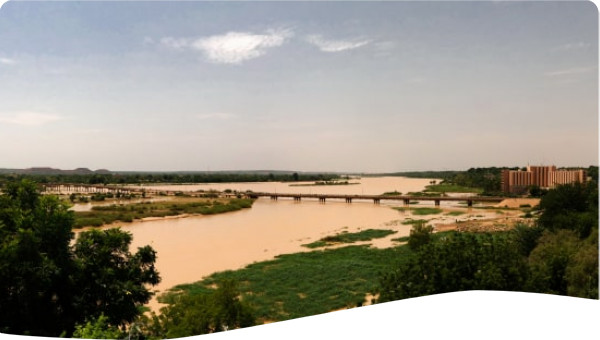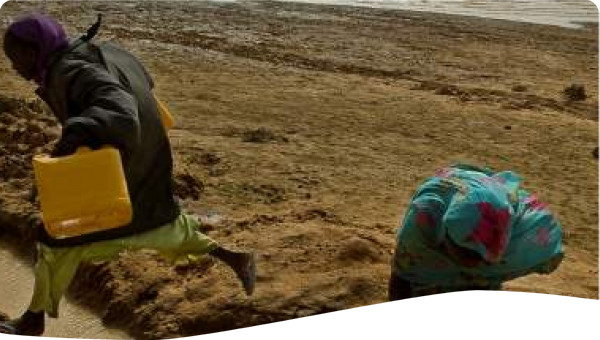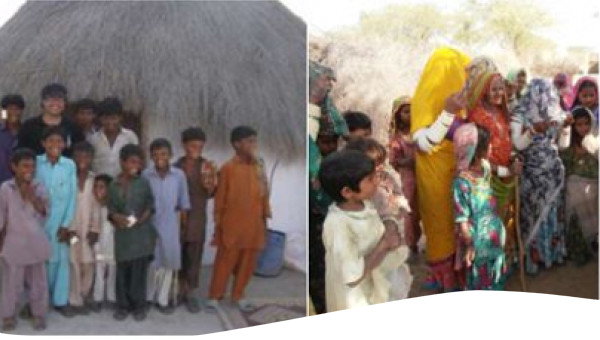The Niger River basin is of importance to the region. The Niger Basin Authority was established to foster, promote and co-ordinate studies and programs relating to the Niger River basin. Today the authority is required to promote co-operation among the member countries and to ensure integrated development of its resources. This case illustrates and provides key insights into transboundary river basin management.
The Convention providing the enabling environment for the establishment of an international river basin organisation should address the development objectives of the Member States and make provision for cooperation in the protection of water resources, the environment, and conflict resolution.


